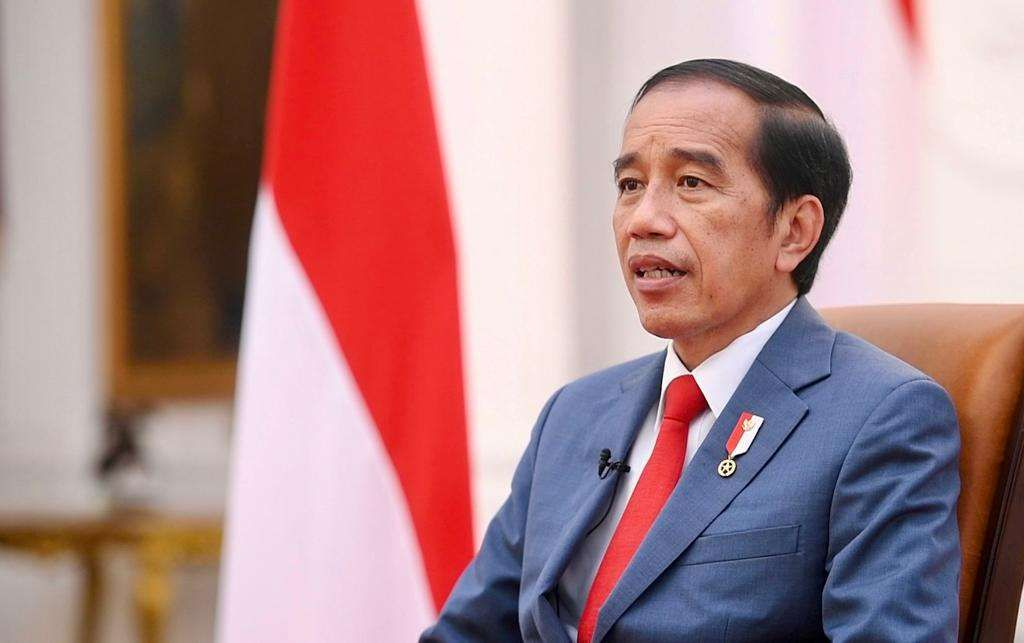SEAToday.com, Jakarta-Kartini Day, which is commemorated every April 21, brings joy to Indonesian women. That day is reserved to celebrate Indonesian women, a reminder that they can do everything and are equal to men.
They can make it in every field, and are able to dream big. Questions then rose. Why did the Indonesian government chose Raden Adjeng (RA) Kartini as the icon for women emancipation?
Living in the colonial era wasn't easy for the natives. They were made into third-class citizens. Illiteracy was allowed to grow.
It was a movement meant to prevent them from fighting back. The colonizers limited access to education, encouraging illiteracy among women. That condition was seen by Raden Ayu Adipati Kartini Djojoadhiningrat or Raden Adjeng Kartini.
It became a concern for the woman, born in Jepara on April 21, 1879, although she was born with silver spoon as her father was the Jepara Regent. That made her fortunate enough to receive European education.
She went to Europese Lagere School (ELS). Access to education was expensive, in a sense that not many natives, especially women, got to taste it. Kartini benefited from her time in school.
She can speak Dutch and supported her education by studying from books and newspapers. Access to education made Kartini aware of the situation her country was in. She herself faced difficulties living in the colonial era, although she was the daughter of the Jepara Regent.
Her education was limited. She wasn't allowed to continue to higher education. Her desire to study in Batavia (now: Jakarta) or the Netherlands was never realized.
Kartini thought that limited access to education for women wasn't always about the government of the Dutch East Indies' policy. It was connected to the Javanese culture.
"Us girls going out to school every single day was considered against the culture. Take note that the culture forbids girls from going out. When I was 12, I had to stay inside. It was like I was trapped, all by myself in my house. Then, girls have to marry the men their parents chose for them, even without them knowing," said Kartini in the book "Habis Gelap Terbitlah Terang" (2011).
Fighting Back
Kartini didn't stay silent. Under the limitations, she continued studying with the skills she had in speaking Dutch. She started comparing the lives of native women and European women.
She shared her writings with her Dutch friends. She continued on by commenting on colonialization and religion. Kartini said that women had to be equal to men.
Kartini also made a breakthrough by creating a small school and teaching in it.
Kartini's life story was written down by her friend Abendanon. Abendanon's role was important in Kartini's struggle, although Kartini passed on September 17, 1904.
"Abendanon became the origin of Kartini's popularity, as he was the one publishing Kartini's letters under the title 'Van Duisternis tot Licht' (Habis Gelap Terbitlah Terang) in 1912. Those letters, especially the ones addressed to Stella Zeehandelaar, proved the awareness of Indonesian women," said historian Denys Lombard in the book "Nusa Jawa Silang Budaya: Batas-Batas Pembaratan" (1996).
Becoming a Hero and Having Kartini Day
Kartini's letters under the title "Habis Gelap Gelap Terbitlah Terang" was penned in Dutch circulated in the country and eventually made their way to Indonesia. The letters became proof that ethical politics or policy of reciprocity was needed. They were also the foundation of Indonesian women emancipation.
Kartini's name remained popular after Indonesia reached its independence. She was seen as a fighter for women emancipation. Indonesian first president Soekarno admitted he was in awe of Kartini's fight.
He knew Kartini's fight well, especially since her sibling was his spiritual teacher. Bung Karno thought of Kartini as one of the Indonesian female fighters that must be given a token of appreciation for all that she had done.
Bung Karno then named Kartini a national hero in Presidential Decree No. 109 of 1964. That decree paved way for Kartini as a women emancipation fighter.
"Raden Adjeng Kartini should be honored by the state in regards to her services as an Indonesian leader in the past. The late Kartini, motivated by the love of the country, led an organized activity to oppose colonialism in Indonesia," said Soekarno.
Therefore, every year on April 21, Kartini Day is celebrated nationwide. It is a reminder that Indonesian women can't be belittled into someone who serves in the kitchen and bed, like the old saying. Women are free to choose who they want to be.



















